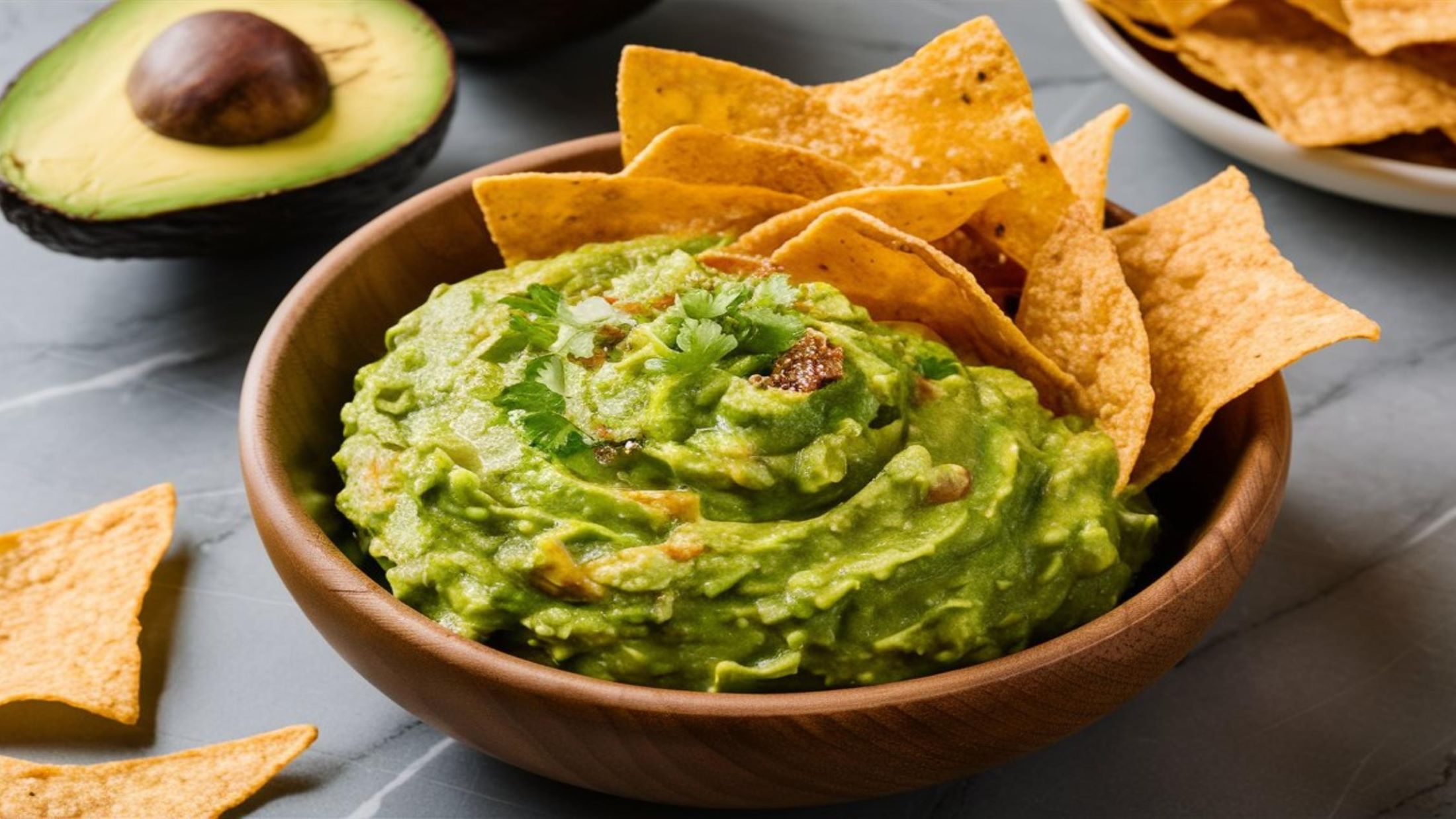Years ago, I arrived home after picking up some takeaway food and my flatmate declared with gusto: “I am glad you are home. I’m ravishing!”
Of course, she meant ‘ravenous’ and her misspeaking became one of my favourite word confusion stories.
Words are wonderful – loaded as they are with contextual meaning and complex messages.
Our living language expands and contracts as it breathes and grows within our life and times.
Like most word lovers, I embrace the new and repurposed but also chortle at misuse and misspeech.
Many of the funniest examples of misused words are malapropisms – verbal and sometimes written mistakes that involve similar-sounding words with different meanings, such as confusing ‘monogamy’ with ‘monotony’.
My friend recently admitted that she thought the ignition of a pile of branches was a ‘bond fire’ because friends tended to bond around the flames.
Examples are everywhere: a beginner level referred to as a ‘nervous class’; a shop that changed hands declaring it was “formally known as …”; a chatty, wriggly boy who was urged by his dad to “curve your enthusiasm”.

A fellow on my bus expounded that evolution, the “survival of the fitness”, had stopped now that we have modern medicine. Another deep and meaningful snatch from two women’s public transport conversation observed that it is a “doggie-dog world”.
Mispronunciation is another source of simple delight. I heard a woman order “leh-zag-nee” at an Italian cafe once: lasagne has never sounded so inelegant.
And at a Mexican restaurant near my home, a young bloke asked for a side of “quack-a-moal” instead of guacamole.
The waiter was perplexed.
A teen girl once told me sadly that her mum had been diagnosed with “tattoo diabetes”. A student many years ago told me she had met my “double ganger” – someone who looked like me.
Personalised number plates are a fresh, fertile field for displays of word confusion. Last week, a female driver buzzed by me on Aerodrome Road, her plate declaring she was “to cute”.
Sometimes, it just takes one word – even an incorrectly used one – to brighten the cloudiest of days.
Dr Jane Stephens is a UniSC journalism lecturer, media commentator and writer.





